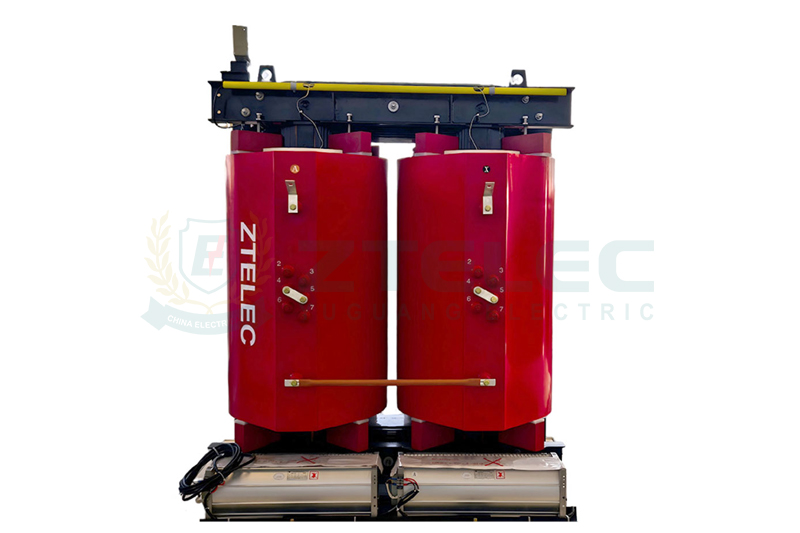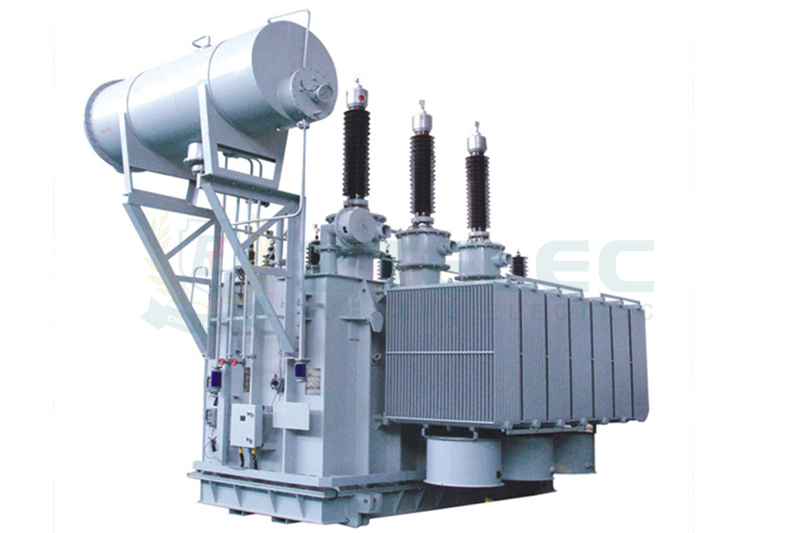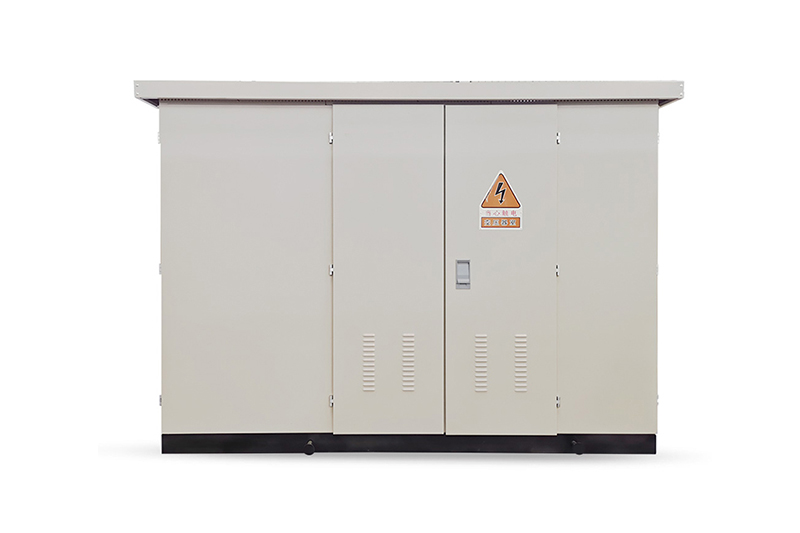A Practical Guide to 10kV Oil-Immersed Transformer Maintenance: Oil Change or Oil Filter?
Time:2025-09-24 Auther:ZTelec-www.ztelectransformer.com
Transformer oil is the core medium for ensuring insulation and cooling performance in oil-immersed transformers. Its quality directly affects the operational safety and stability of the equipment. Proper oil management is vital both before shipment and during operation. Commonly used transformer oils include No. 25 and No. 45, which must meet national quality standards before use. Substandard oils must be promptly treated to eliminate risks.
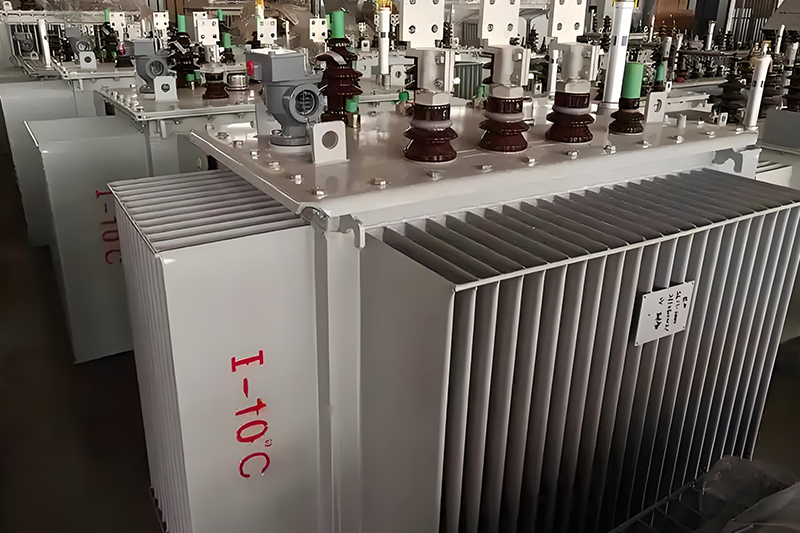
Transformer Oil Quality Control
1. Before Shipment
Manufacturers must thoroughly test and analyze oil samples before filling. This ensures compliance with quality standards and provides reliable factory data. Rigorous testing establishes the foundation for safe transformer operation.
2. During Operation
Once in service, continuous oil monitoring is critical. Key inspection areas include oil color, volume, conservator and breather condition, and sealing performance. Regular checks help detect early signs of issues and provide a basis for oil treatment decisions.
Core Diagnostic Method: Oil Chromatography
Oil chromatography is a key diagnostic tool for detecting internal transformer faults. The principle lies in analyzing gas generation under temperature changes:
• Normal operation: Produces only trace hydrocarbon gases such as methane and ethylene, plus CO and CO₂, in stable and low amounts.
• Faulty operation: Thermal faults, moisture in insulation, or discharge issues cause abnormal gas fluctuations. Chromatographic analysis helps identify fault type (overheating, arcing, insulation aging) and approximate location, guiding maintenance decisions.
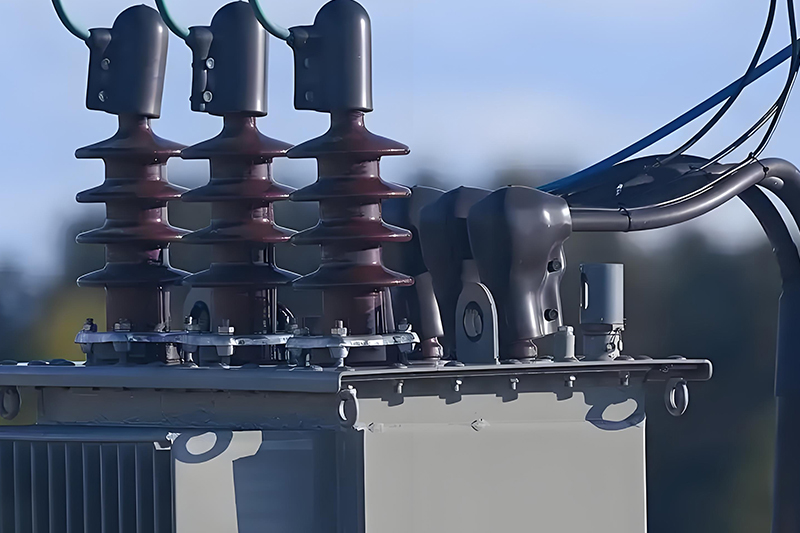
Oil Treatment Decision Guide: Oil Filtering vs. Oil Change
The oil test report provides the decision basis, focusing on performance indicators (moisture, acidity, color) and dissolved gas content. The choice depends on oil condition and fault severity.
When to Choose Oil Filtering
Oil filtration purifies existing oil by removing moisture, impurities, and minor gases. It is fast and cost-effective if the following conditions are met:
• Oil color is normal, acidity within range, and no sludge formation.
• Excessive moisture detected in tests.
• Chromatography shows only slight overheating gases (methane, ethylene) but no acetylene (C₂H₂).
• No major internal equipment faults.
Conclusion: If oil quality is good with only minor issues, filtration is the best option.
When to Choose Oil Change
Oil replacement is required when deterioration is severe or faults are significant:
• Oil is blackened, acidic, or sludge has formed.
• Acetylene (C₂H₂) detected, indicating possible arcing.
• High CO and CO₂ levels, showing insulation aging.
• Major overhauls performed (e.g., winding/core inspections).
Conclusion: Oil change is necessary when oil degradation or serious internal faults occur.
Oil Refilling Recommendations for Different Voltage Levels
Refilling methods vary by voltage rating:
• Transformers 10kV and below: Different brands can be mixed, but a withstand voltage test must be conducted to ensure insulation performance.
• Transformers 35kV and above: Use oil of the same brand as the base oil and perform withstand voltage testing to ensure stability and compatibility.
Critical Post-Refilling Checks
After oil refilling, check the gas relay and release accumulated gas. If no abnormalities occur within 24 hours, reconnect the gas relay to the trip circuit to restore protective functions.
Transformer oil plays two critical roles: insulation and cooling. Maintaining oil quality according to national standards is essential. Whether through oil filtration or complete replacement, timely maintenance ensures transformer safety, prevents failures, and extends equipment life.

